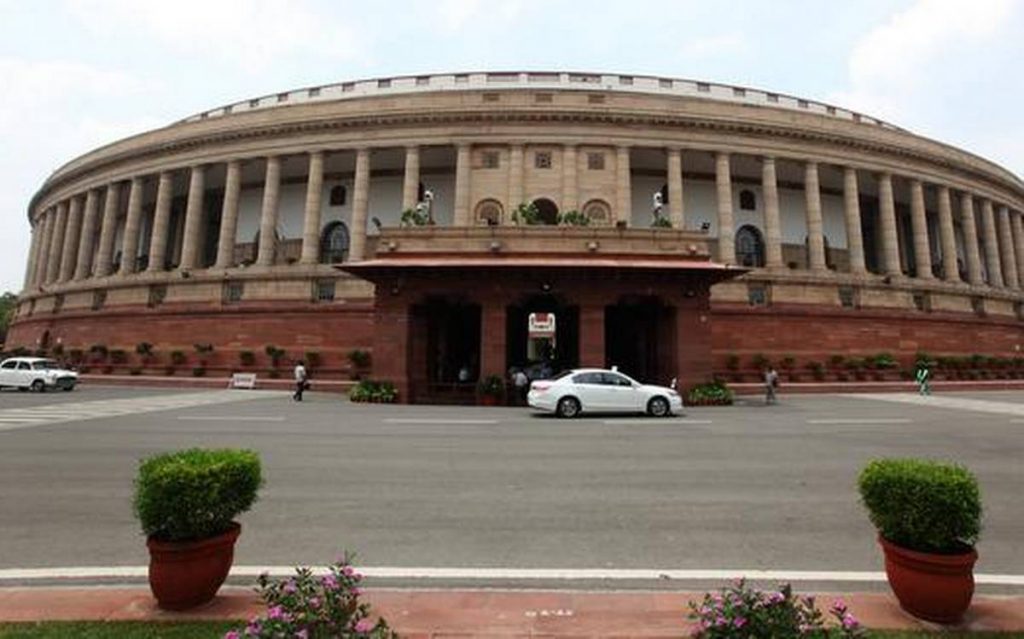Nithyakalyani Narayanan. V
The Advocates (Amendment) Bill, 2023 was passed by the Parliament on the first day of the Winter Session. On December 4th, the Lok Sabha granted its assent. During the Monsoon Session of Parliament in August of this year, the Rajya Sabha passed the Bill.
The Advocates Act, 1961, is amended by the Bill. The legislation repeals certain provisions of the Legal Practitioners Act, 1879 dealing with touts. It stipulates that lists of touts may be created and published by any High Court, district judge, sessions judge, district magistrate, or revenue officer who holds a position higher than that of district collector. A tout is a person who, in exchange for any kind of payment, either offers to obtain or obtains a legal practitioner’s employment in a legal firm.
According to the law, anyone whose name is on the list of touts may be barred by the court or judge from the court’s premises. In response to the Bill’s discussion, Minister of Law and Justice Arjun Ram Meghwal stated that the colonial Act had been repealed since it served no purpose. 1486 of these laws have been repealed, the Minister declared.
Congress member Karti Chidambaram hailed the bill and started the conversation. Kalyan Banerjee of TMC brought up the numerous court matters that are still waiting throughout the session. Among the other participants in the debate were Jagdambika Pal of the BJP, Supriya Sule of the NCP, and Malook Nagar of the BSP.
Prior to presenting the Bill, Mr Meghwal stated that the purpose of the Act is to remove touts off court grounds. Prior to this, the Lok Sabha received the Central Universities (Amendment) Bill, 2023. Dharmendra Pradhan, the Union Minister of Education, introduced the bill in the House. In order to construct Sammakka Sarakka Central Tribal University in Telangana, the bill aims to alter the Central Universities Act, 2009. It will promote advanced knowledge by providing instructional and research facilities in tribal art, culture and customs in the country.
Following extensive deliberation, the Rajya Sabha approved the Post Office Bill 2023 on the same day. The Indian Post Office Act, 1898, is replaced with the Post Office Bill 2023. The bill’s provisions allow the government to intercept articles sent via India Post for a number of reasons, including maintaining public order and state security. Except as may be required by law, India Post disclaims any obligation in relation to its services. Letter delivery will not be the exclusive domain of the government.
Union Minister for Communication Ashwini Vaishnaw responded to the bill’s discussion by stating that its goal is to increase the nation’s postal service network. The bill’s previous discussion was started by Congress MP Shakti Singh Gohil, who claimed that the government solely intended to support the private sector. Raghav Chaddha of the Aam Aadmi Party opposed the bill, claiming that it would grant the government the authority to read anyone’s letter for security purposes.

